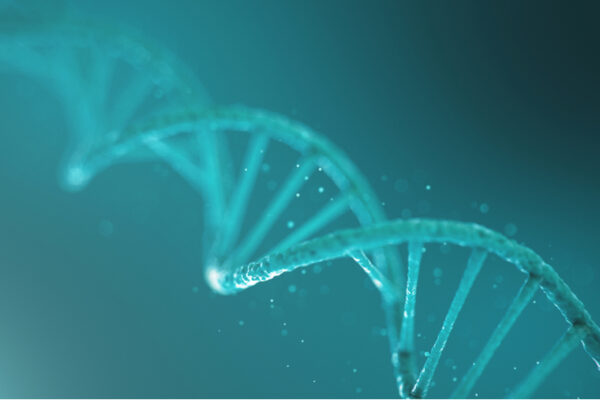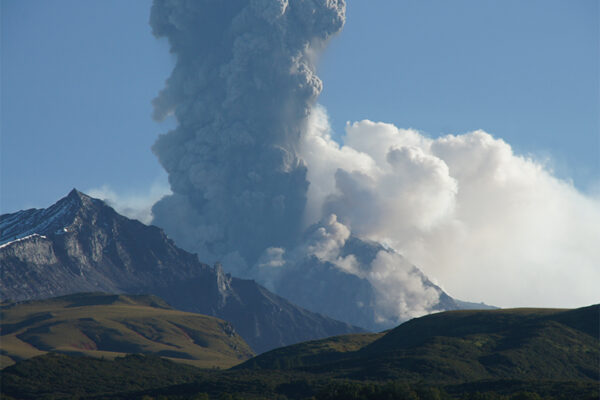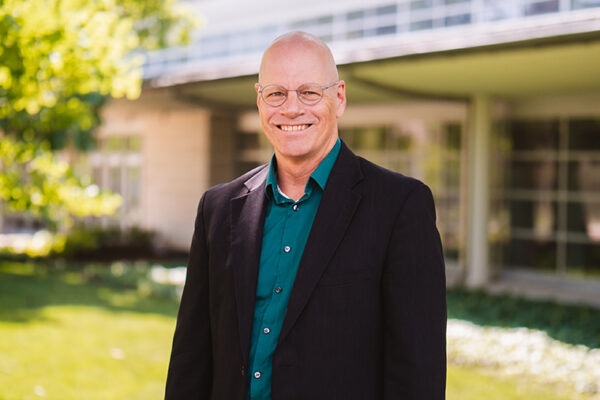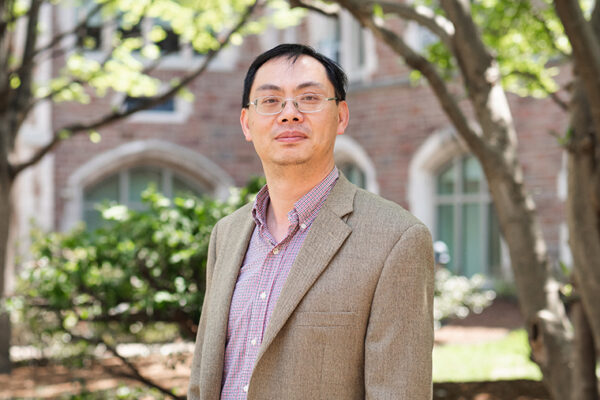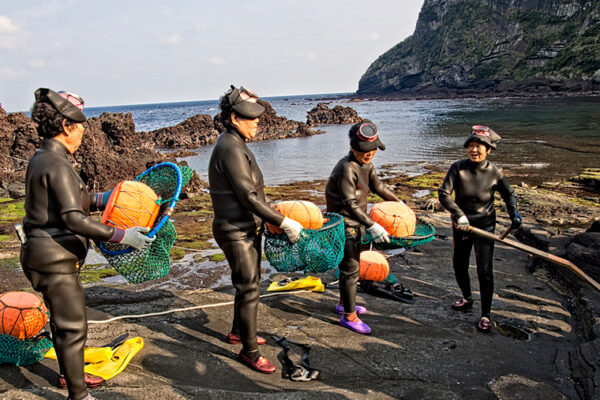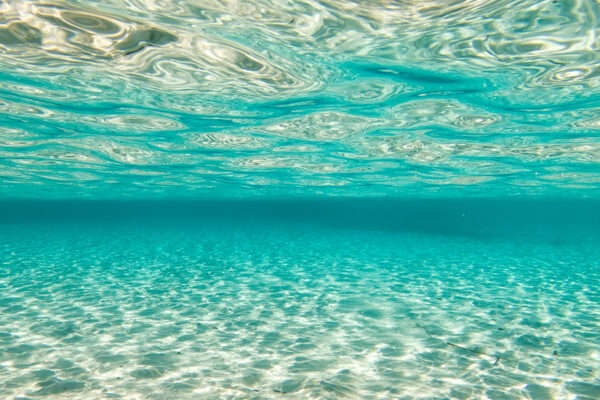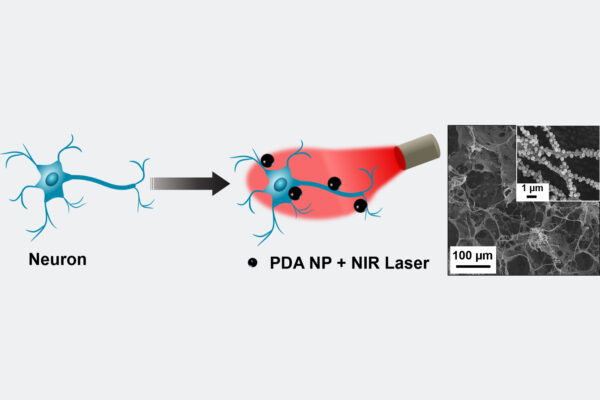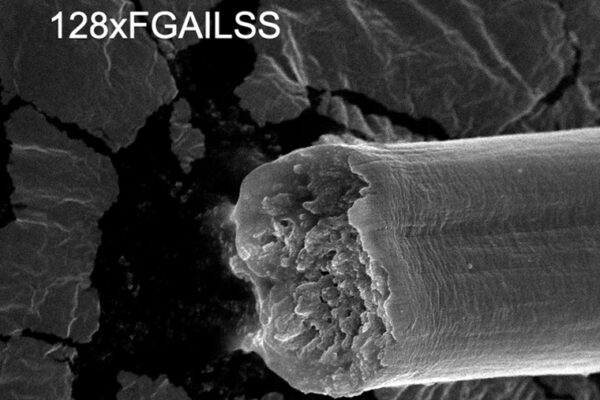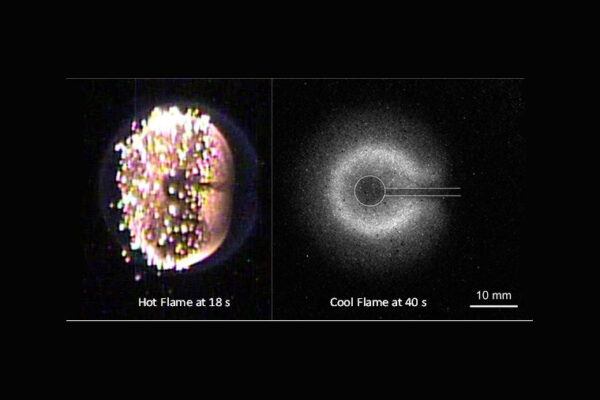Two strands are tougher than one
Research from the lab of Kimberly Parker at the McKelvey School of Engineering reveals key differences between single- and double-stranded RNA, insights that may prove useful to fields from agriculture to medicine.
Krawczynski to examine role of water in volcanoes, Earth’s evolution
Michael J. Krawczynski, assistant professor in Arts & Sciences, received a National Science Foundation CAREER Award to research the evolution of super-hydrous magmas in the Earth’s crust. Krawczynski will explore how volcanoes work, especially how water affects the evolution of volcanoes and their behavior.
Moeller wins Heyrovsky Prize for electrochemistry
Kevin Moeller, professor of chemistry in Arts & Sciences, won the 2021 Jaroslav Heyrovsky Prize for Molecular Electrochemistry from the International Society of Electrochemistry. His research focuses on using electrochemistry as a synthetic tool for constructing everything from complex organic molecules to two-dimensional addressable surfaces.
Yang to study two-dimensional quantum materials
Li Yang, professor of physics in Arts & Sciences, received a three-year $375,000 grant from the National Science Foundation for a project titled “Doping Effects on Excited-State Properties of Two-Dimensional Moiré Crystals.”
Moon to engineer microbes to control heat production
Tae Seok Moon, associate professor of energy, environmental and chemical engineering, has received a three-year $501,246 grant from the Office of Naval Research to study heat from the human microbiota.
Muddied waters: sinking organics alter seafloor records
The remains of microscopic plankton blooms in near-shore ocean environments slowly sink to the seafloor, setting off processes that forever alter an important record of Earth’s history, according to research from geoscientists, including David Fike in Arts & Sciences.
Nanoparticles create heat from light to manipulate electrical activity in neurons
Srikanth Singamaneni and Barani Raman in the McKelvey School of Engineering developed technology to use nanoparticles to heat, manipulate cells in the brain and heart.
Microbially produced fibers: stronger than steel, tougher than Kevlar
A new fiber, made by genetically engineered bacteria in the lab of Fuzhong Zhang, is stronger than steel and tougher than Kevlar.
‘Cool flames’ ignited in space
Richard Axelbaum in the McKelvey School of Engineering and collaborators have documented a new type of flame — created in space — that may help engineers design cleaner-burning combustion engines.
Arpita Bose
For microbiologist Arpita Bose, associate professor of biology in Arts & Sciences, science is a collaborative endeavor. Her lab focuses on microbial metabolisms, taking an interdisciplinary approach to address issues related to energy and sustainability.
Older Stories
